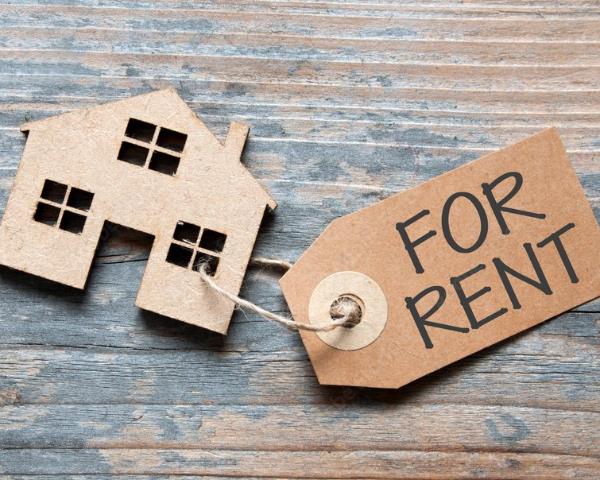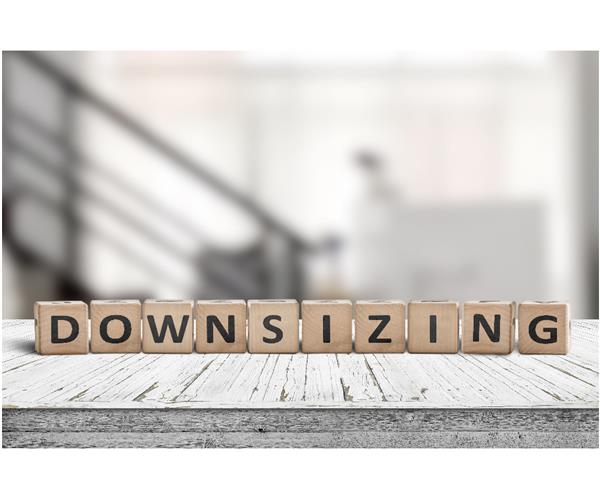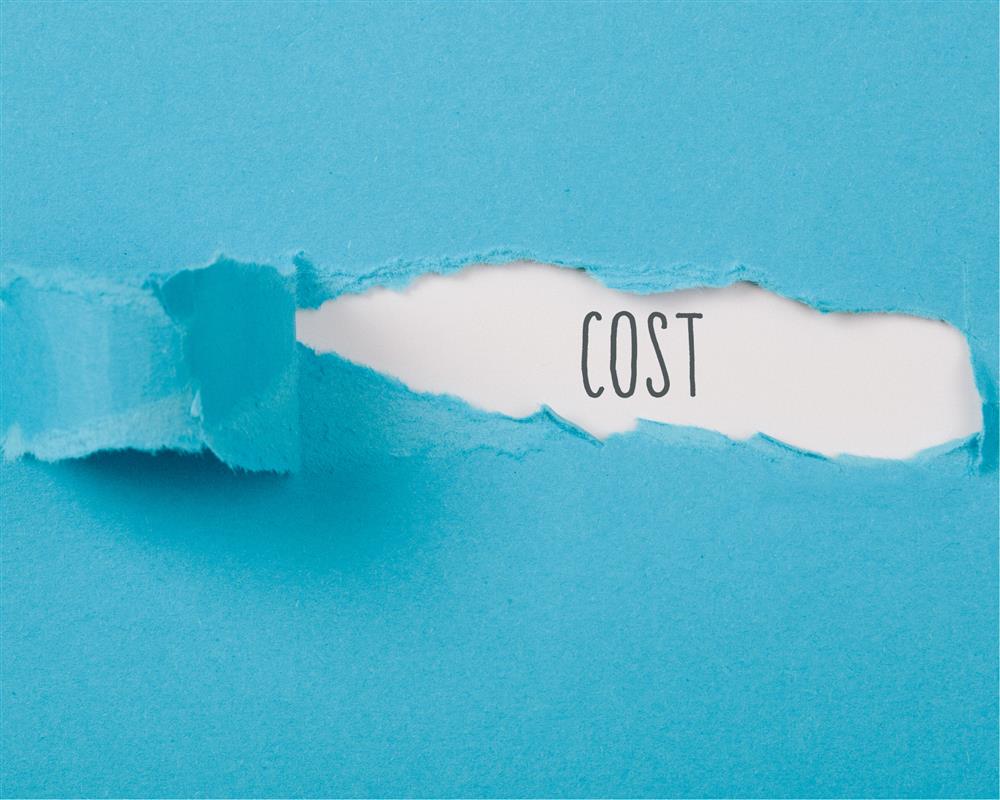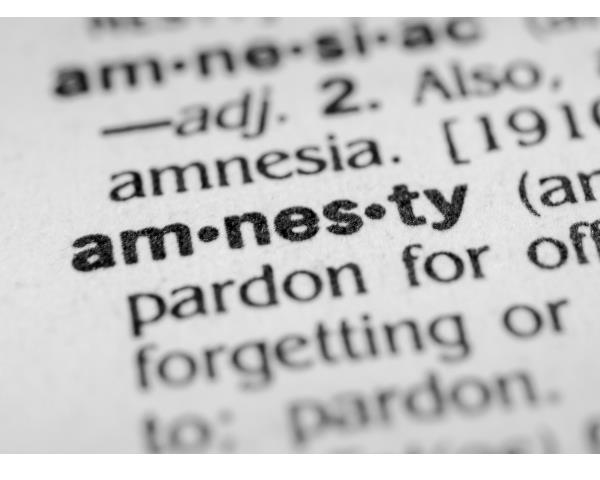
Why is Credit Management Important?
In South Africa, more than 14,7 million consumers make use of credit cards, personal loans, vehicle loans and/or home loans, according to the Experian Consumer Default Index for November 2017. The report disclosed that South African consumers are R1,53 trillion in debt – an incomprehensible amount – and that in the months June to August R13,13 billion in value belonged to first-time defaulters. Credit card facilities alone totalled almost R2 billion in new outstanding debt.
This is reason enough that 2018 be a year of responsible spending and saving. The most important New Year’s Resolution should be to exercise financial discipline when it comes to credit facilities.
According to the Consumer Credit Market Report issued by the National Credit Regulator there was a significant increase in the total credit granted in the first half of 2017, from R116, 46 billion to R120, 08 billion – an increase of almost 11% from the previous year. That said 50.76% of all credit applications were rejected, owing to an increasingly strict lending environment.
74.19% of the total credit granted was paid to the Banks, of which R36, 83 billion went to home loans, R39,16 to secured credit (car finance, furniture accounts etc), and R15, 32 billion to credit facilities (credit cards, store cards and overdrafts). Most sobering of this information is the total consumer credit debt, which stands at R1, 72 trillion. Home loans, secure credit and credit facilities accounted for more than R1,4 trillion of the total outstanding gross debtors book. This amount continues to climb.
An astounding 66.48% of the total number of accounts in the gross debtors book belonged to credit facilities, of which credit cards were the highest contributor. Unquestionably, mismanaged credit accounts have landed a frightening number of South Africans in debt.
Kate Ferreira of BusinessDay, (supported by economists and industry strategists) says, “the amount of consumer debt a country can support depends on the health of the underlying economy.” This doesn’t bode well for South Africa as our economy staggers under rising household costs, growing debt, interest rate hikes, unemployment, unequal distribution of wealth and overstretched regulators.
In order to maximise your credit card’s effectiveness and to avoid bankruptcy it’s important that you understand the credit repayment structure and the fees incurred over the repayment period.
How does a Credit Card work?
A credit card transaction is a complex process that requires both authorisation and settlement to happen simultaneously in order for the purchase to be successful. The processes take place between the Card-Issuing Bank, the Acquiring Bank and the Card Networks.
Card Networks (Visa and MasterCard) facilitate the processing/authorisation of credit card purchases, monitor the fee structure and ensure that the members of their associations adhere to the rules and guidelines governing credit purchases. However, Card Networks do not issue the cards themselves.
The credit card holder uses their credit card to pay the merchant for the goods or services purchased/provided. The cardholder’s bank (Issuing Bank) receives the merchant’s transactions from the merchant’s bank (Acquiring Bank) and makes payment. As per the credit agreement, the cardholder is obligated to then pay the card-issuing bank the loan amount in full plus interest.
How is Interest Calculated?
The interest rate is the cost of the debt. In other words, the price the consumer pays for borrowing money from their bank. The repayment is calculated based on the outstanding debt amount owed and the current interest rate. If the prime lending rate increases, the Banks will charge a higher interest amount on the outstanding debt.
The interest rate charged on credit cards is significantly higher than other credit facilities and is typically stated as a year rate (Annual Percentage Rate). Transaction fees on Credit Cards are often slightly less than Cheque or Savings accounts, however, annual card fees apply.
Credit accounts are essentially revolving accounts, meaning that should the balance not be paid in full by the end of the monthly billing period, the remaining balance with be carried into the next month and interest charged on and added to the amount. The longer this amount is not paid, the more difficult it becomes to settle the balance as it continues to grow in value every month. The gap becomes unbreachable. The danger of a high credit facility is that the bank will continue to charge you the minimum amount every month, accruing interest, until the amount is paid – which could take several years.
How to be a Credit-Conscious Consumer
Credit-conscious consumers commit to paying the full purchase amount within the “grace period” before interest is charged (between 30 and 60 days). Wherever possible avoid spending what you know you are not able to afford or pay back within the interest-free period. If paying the full amount is impossible in your current circumstances, set a fixed amount of your monthly salary to pay towards your credit card. Prompt repayment of the loan amount during the interest-free period also reflects positively on an individual’s credit report.
The drawback is that the more diligent you are in repaying your purchases, the higher the credit limit your Bank will offer you. Carefully consider whether increasing your limit is the right decision for you - you may decide that a lower limit is a wiser financial decision, especially if the current limit suits your spending habits. If you are considering applying for a new credit card, compare the offers made by your preferred Banks and choose the option with the best tariffs, benefits and rewards.
At all costs, avoid paying your credit card with other forms of debt, as this quickly becomes an inescapable cycle that accumulates rapidly. If you have no other option, pay the minimum amount owed monthly until you are in a position to settle the credit amount or pay a lump sum.
There are a number of mobile apps that offer budgeting facilities and enable you to closely monitor your credit purchases from the palm of your hand. Alternatively, all transactions are recorded on your bank statements, which make for easy online viewing. The ideal when using a credit card is to retain a balance between purchases and repayments.
Responsible credit card management, diligent repayment behaviour and prudent spending contribute to a healthier credit history and may lead to a lower rate of interest offered by Banks on future loan applications. This is particularly helpful when applying for large loans such as mortgages or vehicle finance. On the other hand, failure to meet credit repayments in time every month results in fee penalties and higher interest rates.
It’s crucial that South African consumers take responsibility for their spending and commit to financial discipline in 2018! Credit cards are an unattested financial aid and the leading financial product offered by banks, provided they are managed responsibly.






























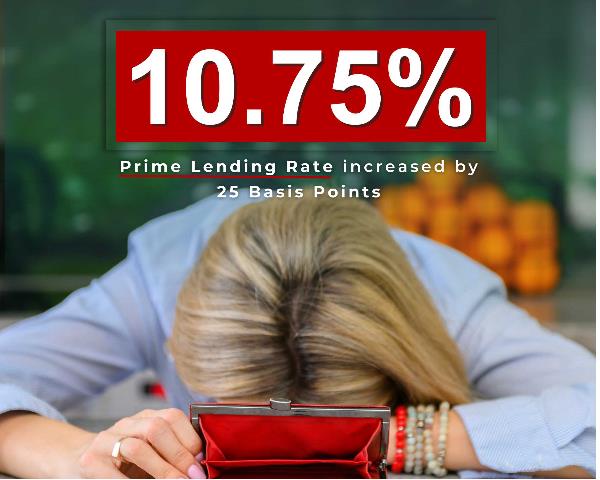



















![What is POPIA? [Part 1]](https://s3.entegral.net/news/Thumbnail_2021_10_18_11_53_39_403.jpeg)









